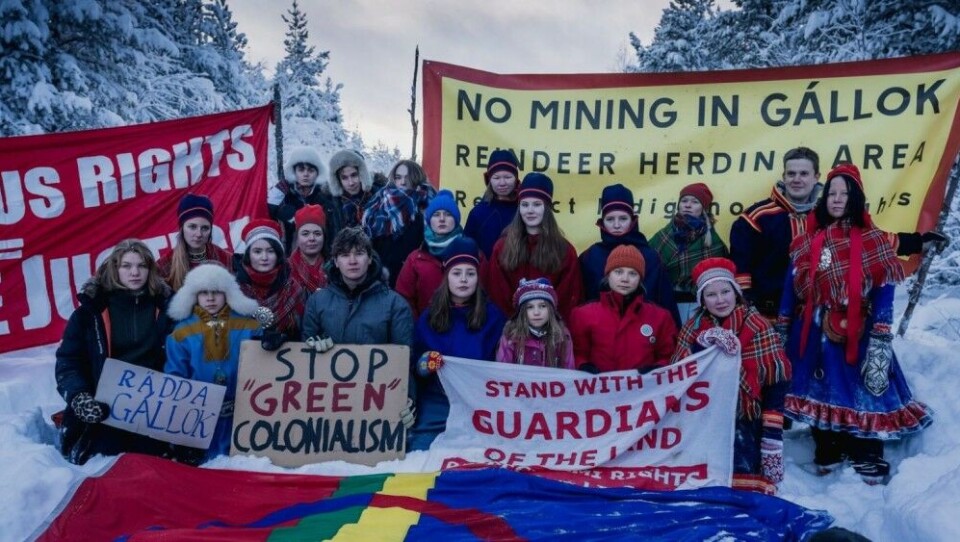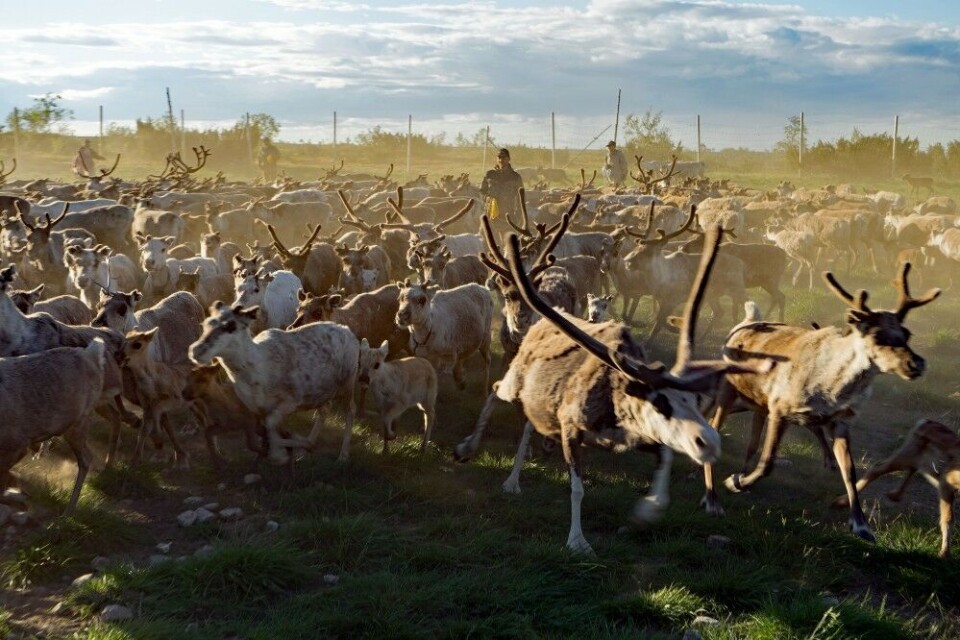
UN experts call on Sweden to halt mining project on Indigenous Sami land
Two United Nations human rights experts urged the Swedish government on Thursday not to issue a license for an iron ore mine in Lapland, home to the Indigenous Sami people.
By Mathiew Leiser
They argue that the Gállok site, located 45 kilometers outside the town of Jokkmokk in the county of Norrbotten in Swedish Sápmi, will produce a lot of pollution and toxic waste, and will endanger the protected ecosystem, including reindeer migration.
An open-pit mine will generate large amounts of dust containing heavy metals, and the disposal of toxic waste in tailing ponds will impact the environment and water sources, they said in a statement.
The independent experts, Guatemalan José Francisco Cali Tzay and Canadian David R. Boyd, are special rapporteurs who operate on a voluntary basis with a mandate from the UN Human Rights Council. They do not represent the UN in any official capacity.
The two experts also assessed the impact of such a mine on the Sami people. They believe that the intense daily transport of iron concentrate by rail and road will directly affect their livelihoods and culture, as traditional reindeer migration routes would be cut off. As a result, it could “jeopardize the UNESCO World Heritage Site listing of the nearby Laponia area”, they add.
The Laponian Area is the largest area in the world (and one of the last) with an ancestral way of life based on the seasonal movement of livestock, says UNESCO. The Sami use this area for reindeer herding, which, according to Swedish law, is their legal right. This activity remains the main source of livelihood in the region.
An estimated 80,000 Sami live in the northern lands of Sweden, Finland, Norway and Russia.
















